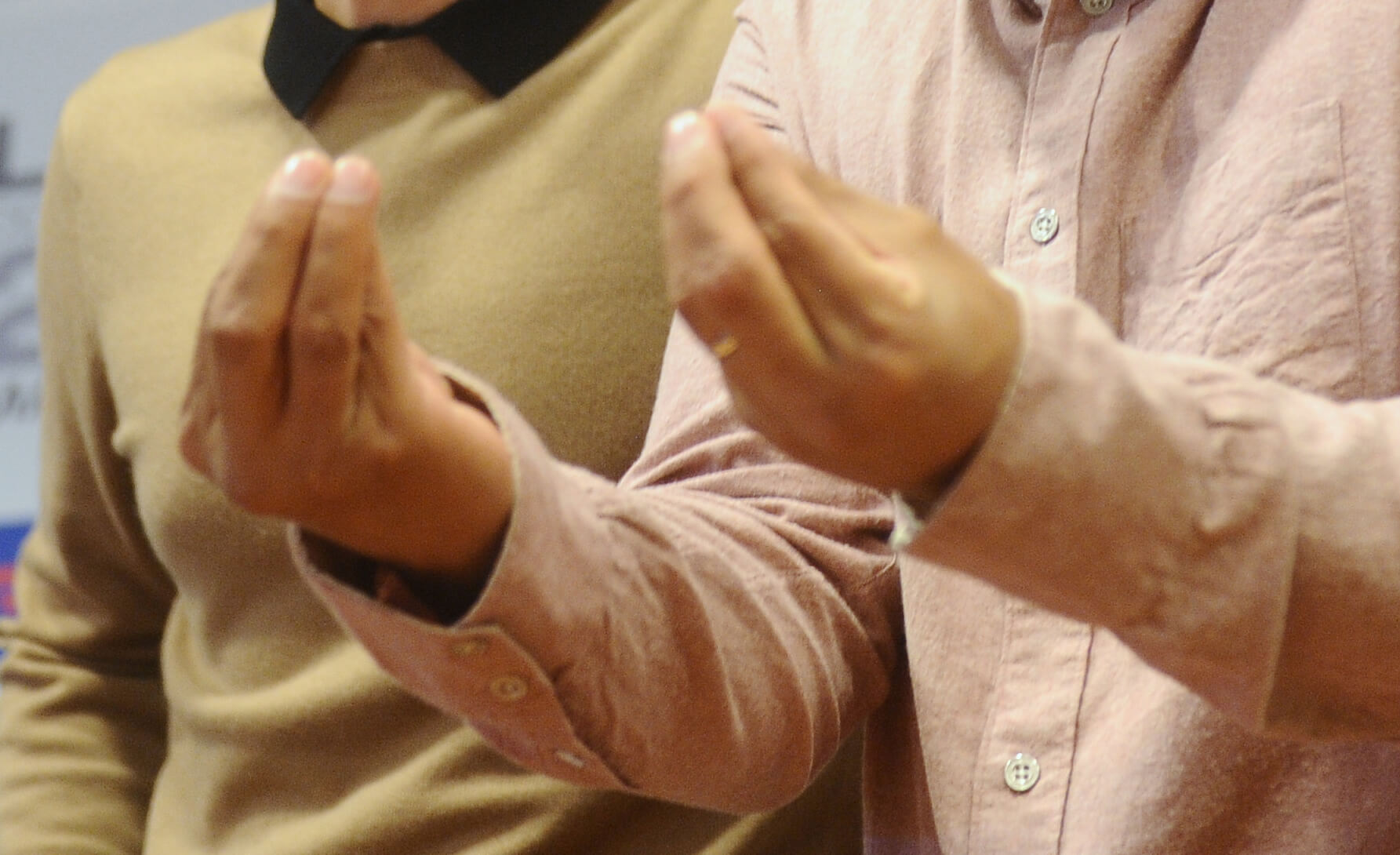Trapped as we are in the Realm of Desire, we always want something. I’m reminded of a scene from the movie “Groundhog Day.”
Phil Connor, played by Bill Murray, is stuck repeating Groundhog Day, seemingly for eternity. Initially he wants the day to end, but even his suicide attempts do not break the repetitive chain. Eventually, he moves to gluttony and seduction of women, and focuses his attention on Rita Hanson, played by Andie McDowell. While having drinks, Rita tells Phil she wishes for “world peace.” “World peace,” he repeats, so that he remembers to say it the next time his day repeats and he has a drink with Rita.
What Phil wants is to fulfill his fantasy desire, to seduce Rita and for her to desire him. It’s what we all do in one way or another: form fantasies about satisfying our desires and go about fulfilling them through effort and invention. In this way we attempt to alter reality, and often we are successful. And yet, if we ask “what do I want?” it’s difficult to answer; there is so much we want at so many levels that the question is too big.
We are embedded in a complicated reality created by aggregated fantasies and desires, not simply our own, but all the fantasies and desires of everyone else. This reality includes the influence of long-lasting institutions – political, legal, economic, and cultural – and individual short-term moments of satisfaction or disappointment. To use a cinematic metaphor, while we may be the star in our own little movie, we are all bit players in the movies of others, and how we play our part is only partially up to us.
To what extent are our desires the reflection of what we want or what others want of us? The line between gets blurry. Mommy and Daddy, friends and lovers, brothers and sisters, husbands and wives; all the important relationships in our lives come loaded with desires and to a greater or lesser extent we incorporate the expectations of others into ourselves. The religious may ask God “What do you want of me?” and perhaps they get an answer; the rest of us must fend for ourselves.
When we ask “what do I want,” just who is asking what of whom? Must we objectify ourselves to ask such questions? It would appear to be the case. Who is this inner voice we feel compelled to answer? Perhaps it is the voice of our culture, the enveloping entity to which we are beholden. The ancient Greeks believed such voices were of the gods, and there is a Godlike power to such self-questioning. Psychiatrist Jacques Lacan named this entity, the Big Other, something akin to Freud’s Super Ego that says, “Don’t do it. Don’t even ask!”
Biology plays a role too. When blood glucose drops low, our ability to feel empathy drops with it. Sitting in a hard chair prompts us to judge others more harshly. It’s not just the expectations of others that influence us, but nature.
So, what do you want? The popular political pitch leans in the direction of being “all about me,” a materialistic approach that emphasizes what’s good for you and your ego. And yet, answering the question goes far deeper, if you’re willing to go there. What do you want for yourself, your family, your community, and your country…and why?






Be First to Comment